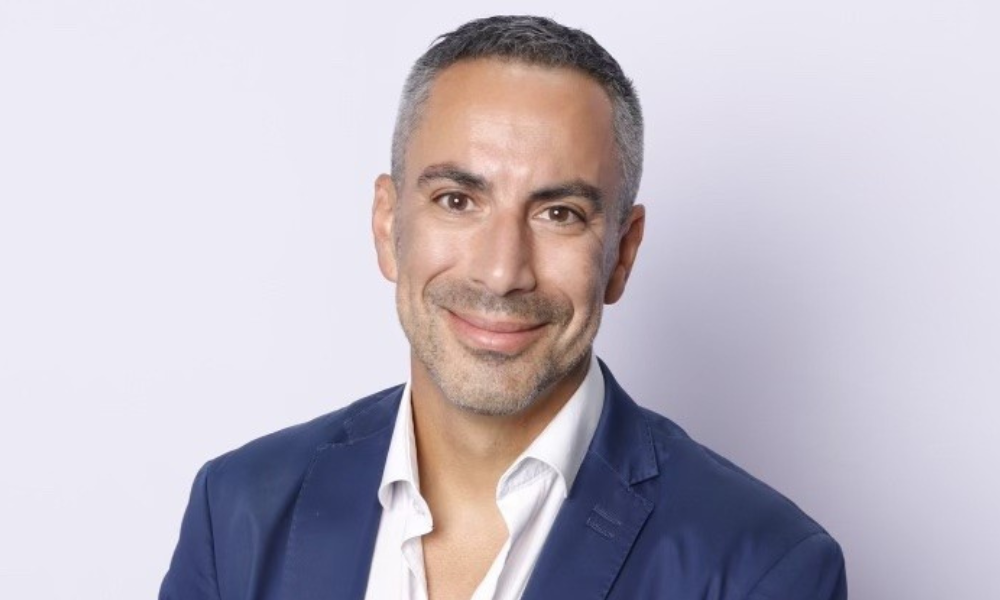
LinkedIn director to discuss role of AI in learning at upcoming HRD National HR Summit Australia

“Who has time to learn?” It’s a common refrain heard from workers as they balance another day’s hard graft with requirements to master new skills.
Yes, they’d like to invest in their own development, but squeezing another learning module into the day means putting off real work until tomorrow.
Or does it?
“This is where AI has really made a difference,” said David Bellas, director of LinkedIn Talent Solutions.
The professional social network has developed a learning tool, AI Coach, for users of LinkedIn Learning Solutions.
“So what we have now is someone – which is AI – who will look at the work you’re doing, grade you on your performance and then either teach you or provide you the resources to put you in the right direction,” said Bellas, who will speak at the HRD National HR Summit in Sydney in April.
The utility of such leaps in learning technology extend to providing HR with valuable intel on individual workers’ motivations, Bellas said. He gives an example of a worker in sales who clicks on a learning module about marketing.
“An email will go to your HR team, your talent acquisition partners, your learning and development partners, to say, ‘Hey, she wants to learn about marketing, and she’s actually in sales,’” he said. “That’s a signal about potential internal mobility.”
Online learning platforms informed by AI can identify gaps in knowledge and focus on those, be it public speaking or Excel skills.
“Once it knows where you’re at, then it knows where to pick up,” said Bellas, who says an AI coach can help him refine a spoken presentation.
“It watches me present a slide deck and gives feedback in real time, with a summary on how I could improve at the end,” he said.
AI is starting to appear in more of the tools workers use, as summary notes in Teams meetings or suggested draft emails in Copilot.
Going further, Bellas said AI can coach its users in difficult conversations, so that they sound more human. In a rehearsal for a performance management conversation, for example, it might provide feedback on whether a delivery sounded empathetic, or whether the body language suggested openness or a defensive stance.
“There are a lot of different things it can do outside of just coding,” he said. “It pretty much can coach on anything.”
Some organisations are leaning right into AI, eager to test its effects, he said. Others are watching from the sideline, prepared to wait and see how the technology can support or replace the human touch.
“We’re still in the early days,” Bellas said. “AI does get more intuitive and smarter over time – once it gets to know you and what you are trying to learn or achieve.”
At the HRD National HR Summit in Sydney on 1 and 2 April 2025, Bellas will be part of an expert panel on day one discussing “How AI is changing the game – unlocking opportunities to transform learning strategies”.
Register for the HRD National HR Summit here.